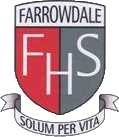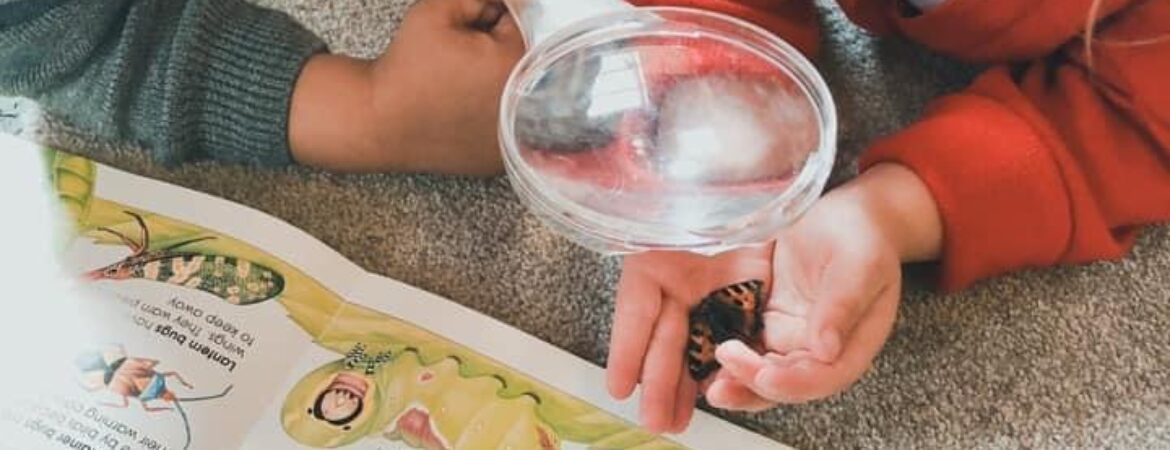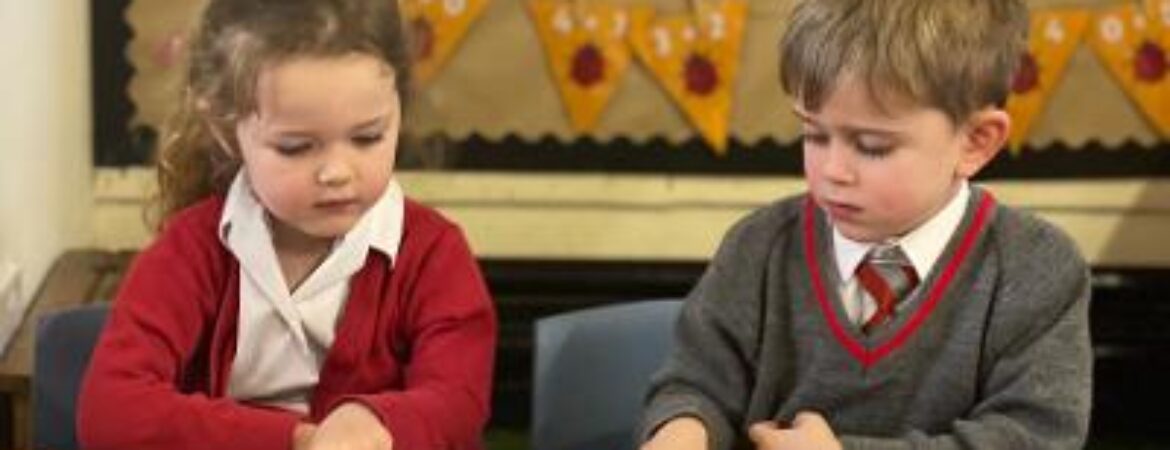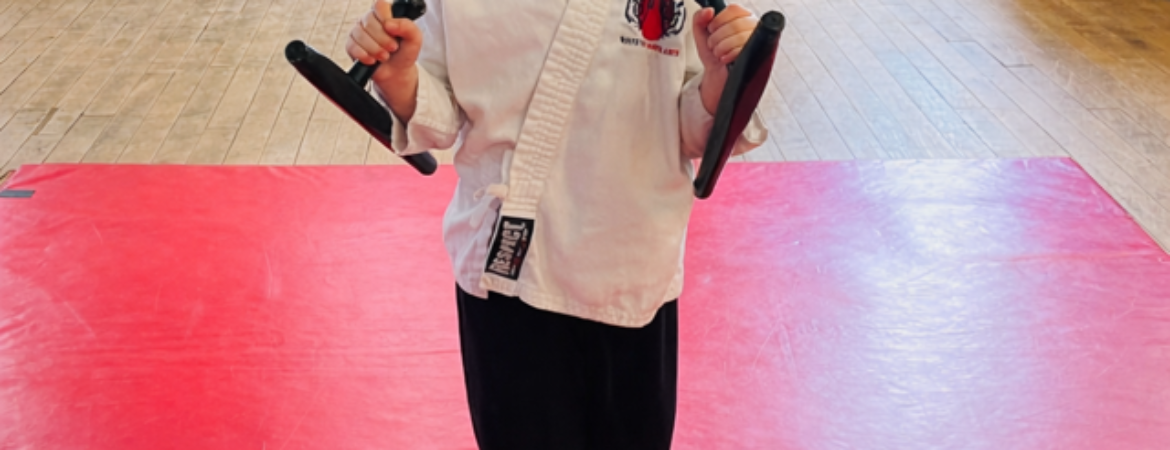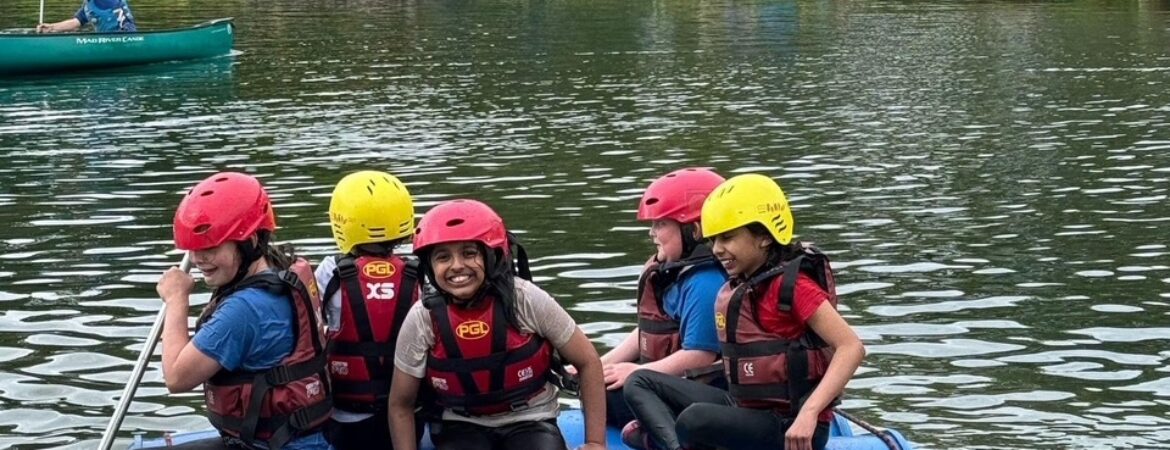Early Years Foundation Stage
At present we have 3 year old to 5 year old pupils in the Foundation Stage Unit (Pre-school and Reception). At this age the emphasis is on learning through play and other activities such as ‘show and tell’ and craft etc. Children complete activities on a 1 to 1 basis with an adult, in pairs, groups or even as a whole class. Those children who have an additional need or are excelling in certain areas are well supported to reach their full potential.
Key worker
All children in school have a key person who has special responsibility for them and will monitor his/ her progress and well-being. If you have any questions or concerns, please talk to your child’s key person. Parents are always welcome in school.
The Early Years Foundation Stage Curriculum
The revised framework sets out seven areas of learning and development made up of Prime Areas and Specific Areas. The children make progress at their own pace towards the Early Learning Goals in the seven areas.
The Prime Areas
Personal, social and emotional development
- Self-confidence and self-awareness: children are confident to try new activities, and say why they like some activities more than others. They are confident to speak in a familiar group, will talk about their ideas, and will choose the resources they need for their chosen activities. They say when they do or don’t need help.
- Managing feelings and behaviour: children talk about how they and others show feelings, talk about their own and others’ behaviour and its consequences, and know that some behaviour is unacceptable. They work as part of a group or class, and understand and follow the rules. They adjust their behaviour to different situations, and take changes of routine in their stride.
- Making relationships: children play co-operatively, taking turns with others. They take account of one another’s ideas about how to organise their activity. They show sensitivity to others’ needs and feelings, and form positive relationships with adults and other children.
Physical Development
- Moving and handling: children show good control and co-ordination in large and small movements. They move confidently in a range of ways, safely negotiating space. They handle equipment and tools effectively, including pencils for writing.
- Health and self-care: children know the importance of physical exercise and a healthy diet for good health, and talk about ways to keep healthy and safe. They manage their own basic hygiene and personal needs successfully, including dressing and going to the toilet independently.
Communication and Language
- Listening and attention: children listen attentively in a range of situations. They listen to stories, accurately anticipating key events and respond to what they hear with relevant comments, questions or actions. They give their attention to what others say and respond appropriately, while engaged in another activity.
- Understanding: children follow instructions involving several ideas or actions. They answer ‘how’ and ‘why’ questions about their experiences and in response to stories or events.
- Speaking: children express themselves effectively, showing awareness of listeners’ needs. They use past, present and future forms accurately when talking about events that have happened or are to happen in the future. They develop their own narratives and explanations by connecting ideas or events.
The Specific Areas
Literacy
- Reading: children hear and understand simple sentences. They use phonic knowledge to decode regular words and read them aloud accurately. They also read some common irregular words. They demonstrate understanding when talking with others about what they have read.
- Writing: children use their phonic knowledge to write words in ways which match their spoken sounds. They also write some irregular common words. They write simple sentences which can be read by themselves and others. Some words are spelt correctly and others are phonetically plausible.
Mathematics
- Numbers: children count reliably with numbers from 1 to 20, place them in order and say which number is one more or one less than a given number. Using quantities and objects, they add and subtract two single-digit numbers and count on or back to find the answer. They solve problems, including doubling, halving and sharing.
- Shape, space and measures: children use everyday language to talk about size, weight, capacity, position, distance, time and money to compare quantities and objects and to solve problems. They recognise, create and describe patterns. They explore characteristics of everyday objects and shapes and use mathematical language to describe them.
Understanding the World
- People and communities: children talk about past and present events in their own lives and in the lives of family members. They know that other children don’t always enjoy the same things, and are sensitive to this. They know about similarities and differences between themselves and others, and among families, communities and traditions.
- The world: children know about similarities and differences in relation to places, objects, materials and living things. They talk about the features of their own immediate environment and how environments might vary. They make observations of animals and plants and explain why some things occur, and talk about changes.
- Technology: children recognise that a range of technology is used in places such as homes and schools. They select and use technology for particular purposes.
Expressive Art and Design
- Exploring and using media and materials: children sing songs, make music and dance, and experiment with ways of changing them. They safely use and explore a variety of materials, tools and techniques, experimenting with colour, design, texture, form and function.
- Being imaginative: children use what they have learnt about media and materials in original ways, thinking about uses and purposes. They represent their own ideas, thoughts and feelings through design and technology, art, music, dance, role-play and stories.
